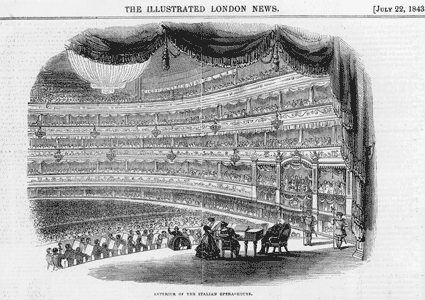|

NOTES ON ISSUE 2: HISTORICAL GLOSSARY
PART 3 OF 4
the scene of his decease, Calais
Calais, situated on the French coast overlooking the narrowest
point of the English Channel, was a major ferry crossing point
from England to France. Its proximity to England made it an
easy escape for English people trying to escape from creditors,
legal problems, and or loss of reputation, so much so that retreating
to live in Calais had in itself a disreputable air. Calais had
been English territory until 1558, when the French retook the
town from Queen Mary I.
Why here she is at a hundred a year (I give her a hundred,
which she is pleased to term handsome)
Bounderby's boast for once is justified. A salary of £100 a
year was well above the standard for a housekeeper at the time.
As room and board were included in the post, more typical salaries
ranged from £20 to £45 per annum—the figures recommended by
Mrs. Beeton in her Book of Household Management "when
no allowance is made for tea, sugar, and beer." If an allowance
was made, a slight reduction in wages was suggested.
The housekeeper's duties included supervising the domestic staff,
ordering food, and maintaining household accounts. In most homes,
she functioned as second-in-command to the mistress; in Mr.
Bounderby's bachelor establishment, however, she would have
probably taken on a greater range of duties, including deciding
on menus, serving as hostess, and the like. Either this or Mrs.
Sparsit's aristocratic pretensions may account for her large
salary.
They made him out to be the Royal Arms, the Union-Jack, Magna
Charta, John Bull, Habeas Corpus, the Bill of Rights, An Englishman's
house is his castle, Church and State, and God save the Queen,
all put together.
Mr. Bounderby's admirers, in other words, proudly see him as
a true Briton. All of these items symbolize British patriotism
or the British constitution. The Royal Arms are those borne
by the king or queen of Great Britain. The Union Jack is of
course the British flag. The Magna Charta (generally spelled
Carta) guarantees the liberty of the English people; it was
signed by King John in 1215, under great pressure from his barons.
John Bull is the slang name for the average Englishman. Habeas
corpus is the legal principle that guarantees certain basic
rights to those accused of crimes, in particular the right to
a speedy trial and the necessity of producing prisoners rather
than holding them in secret. The Bill of Rights reestablished
the constitutional monarchy in 1689 and guarantees certain rights
to citizens and to Parliament. The saying "An Englishman's house
is his castle" had become proverbial, but it is also a tenet
of English common law. "Church and State" refers to the establishment
of the Church of England as the state religion. "God Save the
Queen" is, of course, the national anthem of Great Britain.
You were coming out of the Italian Opera, ma'am, in white
satin and jewels, a blaze of splendor, when I hadn't a penny
to buy a link to light you.
Her Majesty's Theatre in the Haymarket, first opened as a theater
in 1705 and then as an opera house in 1711, was known as Her
Majesty's Theatre, Italian Opera House, since the accession
of Queen Victoria in 1837. In 1847, the title moved to Covent
Garden, but here the reference is to a time before the change.
The reference to "a link to light" Mrs. Sparsit places Bounderby's
youth early in the century; gas lighting was first introduced
in London in 1807, and became widespread thereafter. Before
that time, "linkboys" carried hand-held torches to light the
city streets.
This illustration of the interior of the Italian Opera House
at Haymarket appeared in the Illustrated London News
on July 22, 1843.

|

